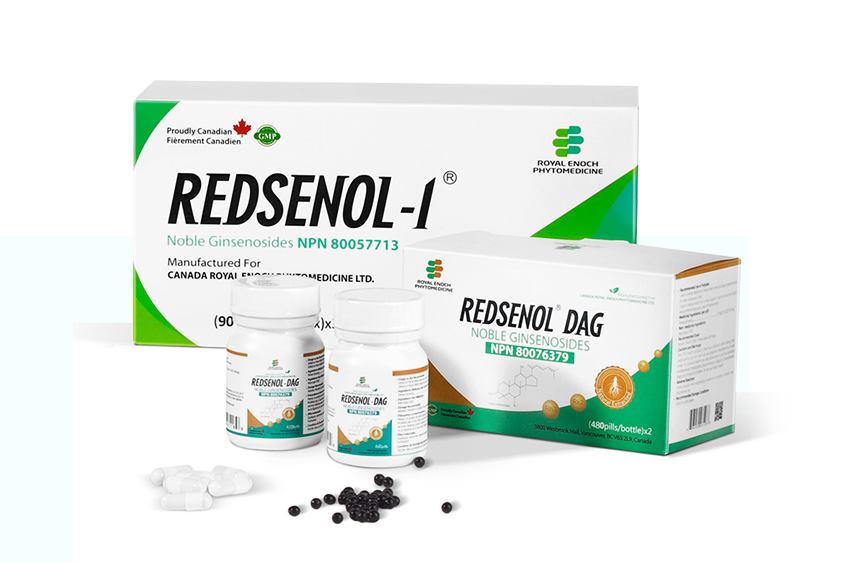The gastroprotective effects of ginsenoside Rg3
Ginseng is a well-known health-enhancing medicinal herb at the top of the list of Traditional Chinese Medicine. Accredited with antioxidant and anti-inflammatory activities, ginseng is helpful to enhance physical capacity, support brain function, improve erectile dysfunction, boost immunity, lower blood pressure and prevent psychological stress. Moreover, many studies indicated the potential of ginseng use in cancer treatment.
Scientists in the field of medicine are a group of people who are always devoted to verifying every possible indication of a medical agent. A Chinese research team explored the efficacy of ginsenoside Rg3, a ginseng saponin, against gastric ulcers.
 Gastric ulcer is one of the major gastrointestinal diseases. The current drugs for gastric ulcer, though effective, bring side effects and high recurrence, so researchers strive to find new medications with few side effects and good inhibition of recurrence.
Gastric ulcer is one of the major gastrointestinal diseases. The current drugs for gastric ulcer, though effective, bring side effects and high recurrence, so researchers strive to find new medications with few side effects and good inhibition of recurrence.
The reason why the Chinese research team drew their attention on ginseng saponins, known as ginsenosides, is that a Chinese drug containing ginseng saponins showed good effects against gastric ulcer suggests the potential of ginseng saponins as antiulcer agents.
Scientists chose ginsenoside Rg3 among hundreds of ginsenosides, because ginsenoside Rg3 was found to exert obvious anti-inflammation, and anti-oxidative effects.
Three different kinds of animal models, alcohol, pylorus-ligated, and acetic acid, were used to explore the efficacy of ginsenoside Rg3 in treating gastric ulcers. Researchers found that ginsenoside Rg3 showed brilliant antiulcer effects and significantly ameliorated gastric ulcers in all three models. Moreover, high-dose ginsenoside Rg3 showed good gastric mucosa protection effects.
Ginsenoside Rg3 plays an important role in preventing gastric cancer. When gastric mucosa is damaged, ginsenoside Rg3 can reduce oxidative damage and inhibit the inflammatory response to protect gastric mucosa and prevent the formation of gastric ulcers. Besides, ginsenoside Rg3 can inhibit the secretion of gastric acid and increase the blood supply to the gastric mucosa.
The study is not the first to suggest the protective benefits of ginseng against gastric ulcers. Earlier in 2010, researchers from Gifu Pharmaceutical University in Gifu, Japan has found the protective effects of a gastrointestinal agent containing Korean red ginseng on gastric ulcer models in mice. The study was published in the journal BMC Complementary and Alternative Medicine.
Moreover, scientists have gone further on the road to exploring the effects of ginseng intake on gastrointestinal disorders. A large case-control study and a small cohort study have suggested that ginseng use is associated with a 60% to 70% reduction in gastric cancer risk in Korean populations.
The study suggests that ginsenoside Rg3 can be a candidate for the treatment of gastric ulcers. The result is promising but limited in the animal study, and further studies are needed to confirm whether ginsenoside Rg3 is effective against gastric ulcers in humans.
References:
Kai Zhang, Ying Liu, Cuizhu Wang, Jiannan Li, Lingxin Xiong, Zhenzhou Wang, Jinping Liu, Pingya Li. (2019) Evaluation of the gastroprotective effects of 20 (S)-ginsenoside Rg3 on gastric ulcer models in mice. Journal of Ginseng Research 43:4, Pages 550-561


